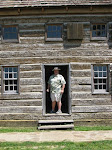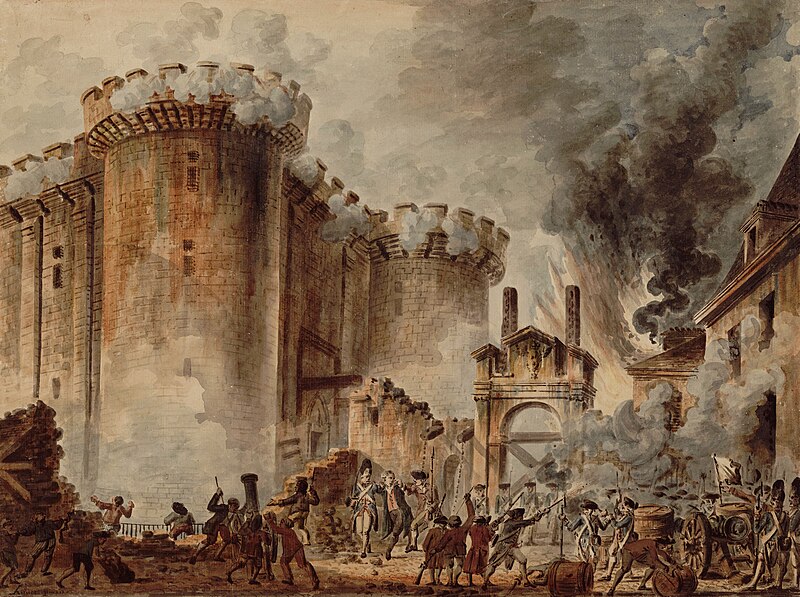Tonight is the dark night of July's New Moon, actually a night without a visible moon. Here in Atlanta it coincides with what climatologists tell us are the average warmest days of the year. Climate averages aside I can say that today was much warmer than those averages derived from 130 years of observations. The excess was not uncomfortable given the usual pop-up thunderstorms that not only brought rain but also an early cloud curtain that shielded the area from afternoon sunshine. At an elevation of around 1000 feet Atlanta is a reasonable place - the coast is by far the best - to enjoy a hot summer in Georgia. South of the Fall Line running from Augusta through Macon to Columbus the heat can be a serious challenge. There's no better illustration of this than the one-hour drive south from Atlanta to Macon. In that brief time you will drop 550 feet over several ancient river terraces until you arrive five degrees hotter and fully saturated at the Ocmulgee River swamps on the city's east side. It is a place where summer's hottest days are best described in terms of months.
With that said it's time to envision sitting comfortably on the screen porch where a big ceiling fan quietly generates a steady breeze and your sweating, sweet iced tea feels good even to the touch. The forest across the lawn and garden is a still landscape interrupted by an occasional bird or squirrel and accompanied by countless cicadas and their song of summer.
If you stay there long you witness the yellowing light of day giving way to a blazing sunset, the twilight, the lightning bugs, the katydids, and a chorus of north Georgia tree frogs. I love all of those twilight sounds but I love the katydids most because they remind me of long summer vacations in the mountains of West Virginia and drifting to sleep in my bed serenaded by insects and washed in a cool breeze through a cottage window.
Also happening outside my window was the rising of the “dog,” the event behind the “Dog Days” of my summer. Having lived most of my life deep in woods or in brightly lit cities, I never made note of the brightest star rising to its highest elevation in the summer sky. Before turning thirty I enjoyed the sky in terms of weather and events including Earth’s moon, meteor showers, comets, and favorite constellations. After eleven years living on a small island at the edge of the ocean things changed. I observed, perhaps literally merged with, the actors on this infinite stage and their cycle of days, hours, tides, seasons, years, and more. No question the experience enticed me. In time I came to know well the dog and his comings and going.
 |
| Sirius, the Dog Star, actually a double star |
Now when that brightest star rises in the eastern sky, it’s name is Sirius. Twenty-five hundred years ago the Greeks knew the star as Sirius, Sothis, and the Dog Star, the bringer of heat and drought to their rocky hills and islands. A thousand years earlier the Egyptians worshiped the object as the star goddess, Sodpet, whose appearance brought flood waters and new crops to the valley of the Nile River.
It is a far cry from the beaches of Pelopennese to my humble porch in the woods here in the Atlanta suburbs. And the cloud remnants of scattered thundershowers may likely obscure the Dog’s rise on my horizon tonight. With certainty, I will not be awake for the Dog’s zenith, its highest elevation in the sky. No worry though, for the music of the spheres will perform as expected, God willing. Tybee’s beaches, the Back River, and the beautiful salt marshes east of Savannah will be refreshed with a very high tide. My katydids here and in West Virginia will chatter long into the night. The Dog Days will stay with Atlantans for forty days and Macon will swelter long after Labor Day.






















